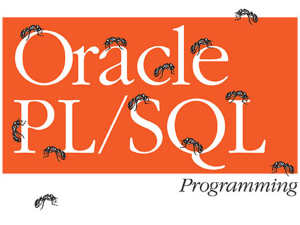 11.Which of the following operator has the lowest precedence among the following −
11.Which of the following operator has the lowest precedence among the following −
**, OR, NULL ?
OR
12.What does the colon sign (: ) implies in the following statement?
:deficit := balance – loan;
The colon (: )sign implies that the variable :deficit is an external variable.
13.What is the purpose of %type data type? Explain with example.
It assigns a variable the same data type used by the column, for which the variable is created. For example,
dcode := dept.detpno%type;
The variable dcode is created with the same data type as that of the deptno column of the dept table.
14.What is the purpose of %rowtype data type? Explain with example.
It declares a composed variable that is equivalent to the row of a table. After the variable is created, the fields of the table can be accessed, using the name of this variable.
For example
emptype := emp%rowtype;
name := emptype.empname;
15.What is a PL/SQL package?
A package is a file that groups functions, cursors, stored procedures, and variables in one place.
16.What is a trigger?
A trigger is a PL/SQL program that is stored in the database and executed immediately before or after the INSERT, UPDATE, and DELETE commands.
17.What are the PL/SQL cursors?
Oracle uses workspaces to execute the SQL commands. In other words, when Oracle processes a SQL command, it opens an area in the memory called Private SQL Area. A cursor is an identifier for this area. It allows programmers to name this area and access it’s information.
18.Say True or False. If False, explain why.
PL/SQL engine is part of Oracle Server.
True.
19.Say True or False. If False, explain why.
The BEGIN declaration starts the variable declaration sections of a PL/SQL block.
False. The BEGIN declaration starts the execution section.
20.Say True or False. If False, explain why.
The PL/SQL engine executes the procedural commands and passes the SQL commands for the Oracle server to process.
True.